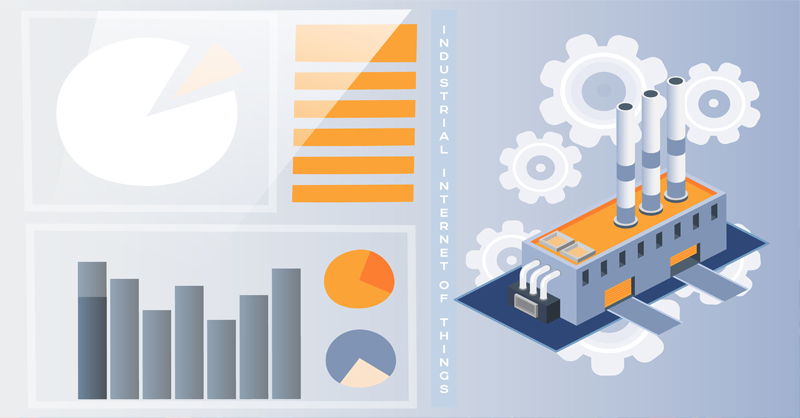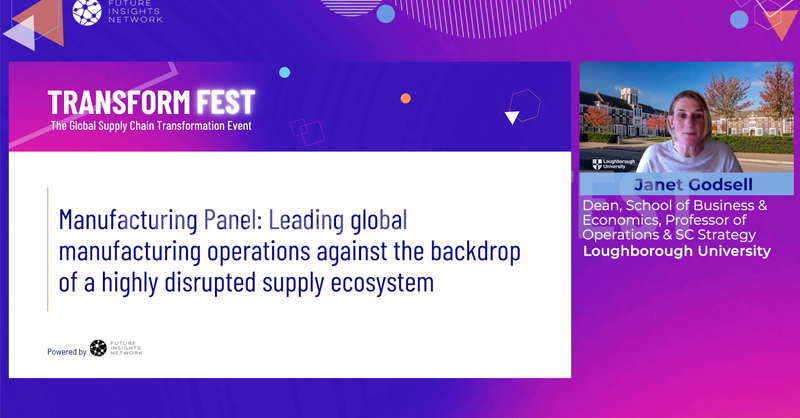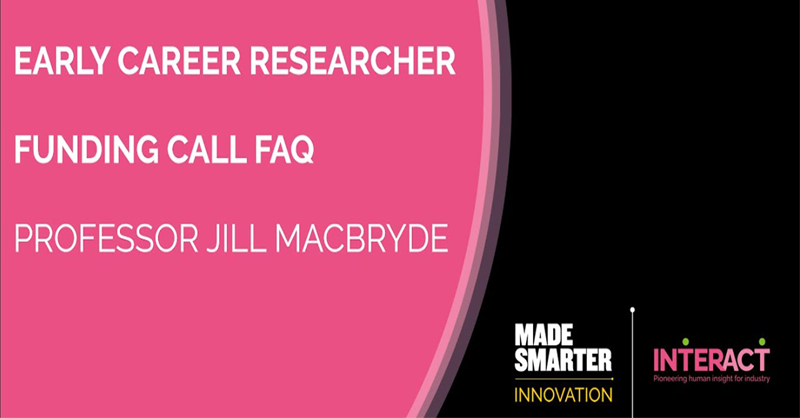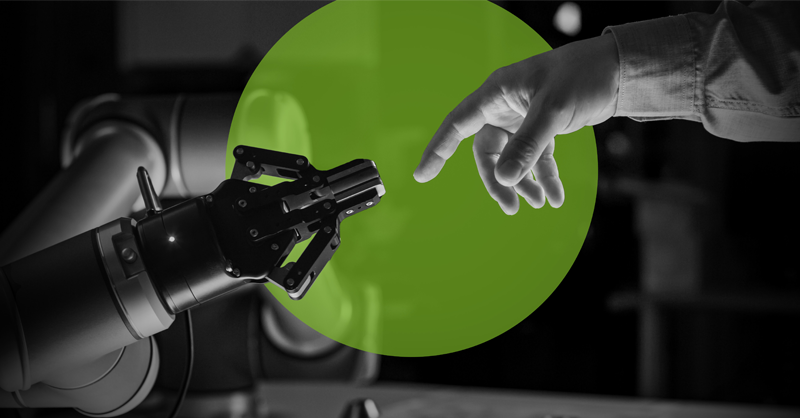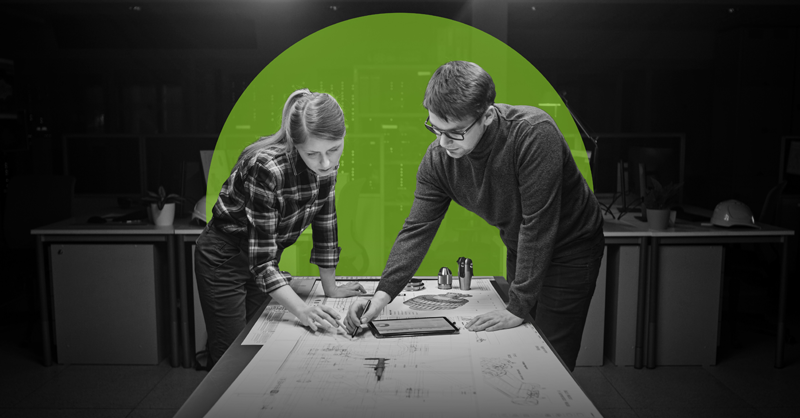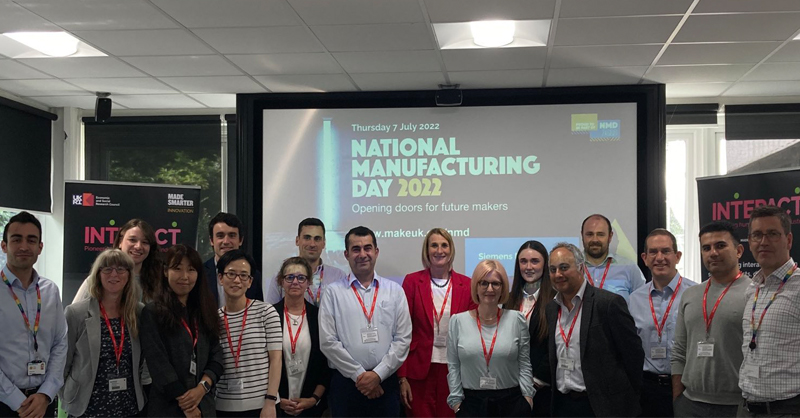Dr. Brian Sudlow and Dr. Ahmad Beltagui
Consider a company like Mueller Inc, an American manufacturer of steel buildings and metal roofing, among other things. Prior to their digital transformation, they were facing multiple issues. Their open-source management system lacked flexibility and their online presence was outdated. The buyer journey was far from clear, and customers needed to visit stores to complete purchases. In short, their future seemed increasingly uncertain. Could the answer to these dilemmas have lain in the past?
***
‘History is the teacher of life,’ goes the saying of the Roman statesman Cicero. But is that still true? More to the point, can it be true in this period of the Fourth Industrial Revolution when the rate of innovation far outstrips anything seen during previous industrial revolutions?
Our project for InterAct, undertaken by teams at Aston and Cranfield, is currently testing the hypothesis that historical examples provide actionable insights for contemporary manufacturers, and that manufacturers can leverage such histories as they adopt the next generation of industrial technologies. Our preference is not to talk about revolutions, but rather about transitions: periods of occasionally spectacular innovation, followed by a halting or gradual readjustment across industry, with occasional sallies back into earlier practices or technologies. Industrial transitions are less like sudden grand revolutions and more like the stop-start evolution of our own lives. As Melvin Kranzberg, one of the pioneers of the history of technology, said “Technology is a very human activity.”
Discovering actionable insights in history
For our project, the team at Cranfield set out to tackle a systematic search of literature about the challenges of digitalisation in industry, finding and analysing 278 articles. Most of the present-day challenges they identified concerned questions of technical innovation, marketisation, or the future of employment.
The Aston team (the authors of this blog post) set out to look at mechanization (18th and 19th centuries), electrification (late 19th and 20th centuries) and computerization (20th century) – the earlier processes of industrial transition. What was clear from their review, however, was that the spectrum of industrial transition challenges is a lot broader than the perceived issues around technology and its monetisation. In this light, it is reasonable to argue that understanding digitalization needs a wider field of vision, one that is broadened by history, to tackle the challenges of the future and avoid the mistakes of the past.
By widening their field of vision through cases from history, we argue that today’s manufacturers have the chance during this digital transition to increase their appreciation of the potential risks and opportunities that lie ahead, and perhaps even stimulate creative solutions to them. Our historical case search reveals that there are dozens of issues that merit attention both within manufacturing operations (new safety questions, choices of innovation pathways, naivety about technical solutions) and outside of them (the power of location, globalization and culture, negative social consequences of innovation) which hardly figure on the lists of challenges for digitalization.
***
Returning to Mueller Inc’s dilemma, perhaps inspiration could have been found in historical cases such as the electrification of Zurich’s streetlighting. Over 100 years ago, the town council’s dilemma was whether to invest in AC, DC, or their alternatives. There was little room to manoeuvre, and the recently installed gas-powered streetlighting could have risked looking like an expensive mistake.
Zurich’s response, however, was to focus on stakeholders and to choose the technology that would be more affordable and scalable – AC as it happened – allowing the city to grow by serving surrounding populations more effectively. The solution was technically elegant, but above all politically savvy. Likewise, our friends at Mueller Inc did not focus on which technology was best in its class, but on which digital solution would help their customers achieve their needs. The company opted to move their business to a major digital platform that greatly improved the customer experience while providing big data and analytic tools for their management.

